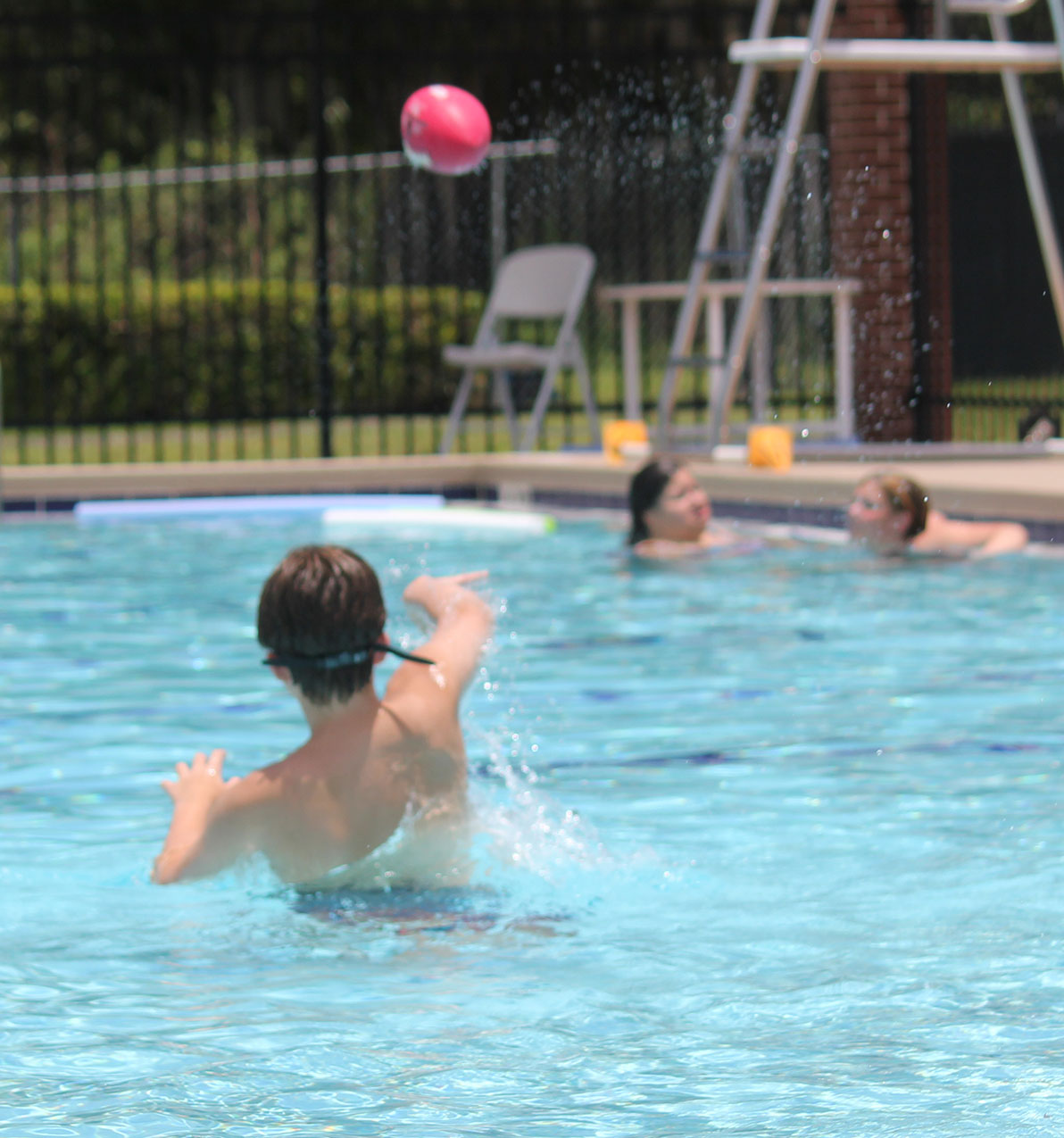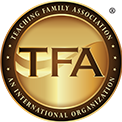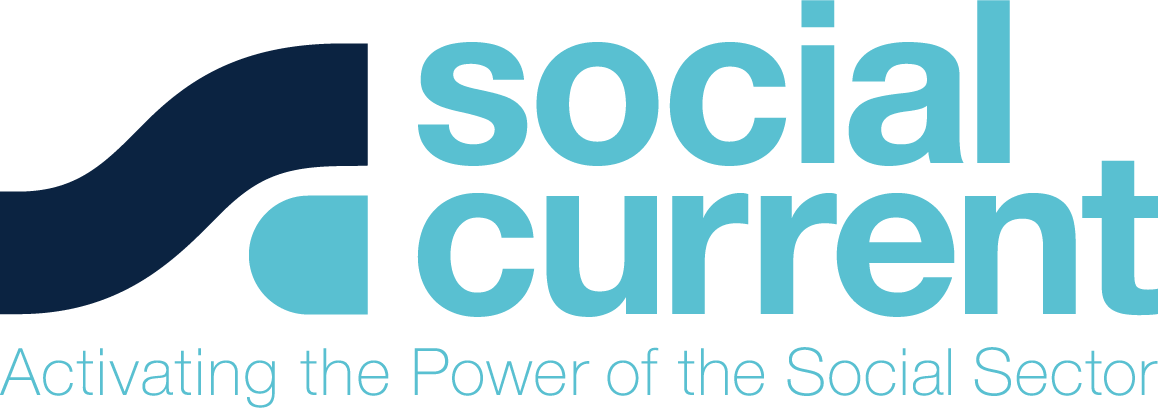Residing Hope does a lot more than just provide children a place to live.
We Provide Hope.
The children in our care have experienced abuse, neglect, or abandonment. As such, their needs go beyond housing, meals, and education. All of our direct-care staff are trauma informed and cater to the specific needs of the child. A therapist is assigned to each child and a detailed care plan is established with progress objectives in accordance with Teaching-Family Model (TFM).

Teaching-Family Model
The Teaching-Family Model (TFM) is a philosophy and practice of care and treatment that prioritizes therapeutic relationships with caregivers as the primary conduit of effective treatment in supportive family-style settings.
Family-style relationships are seen as essential to healthy development of social, relational, and interpersonal skills. The TFM is a strength-based, comprehensive, and trauma informed model of care that builds positive change while remaining focused on the holistic development of the child.
The TFM followed at Residing Hope is an evidence-based approach with is fully integrated at both the individual and the organizational level. It provides effective individualized and trauma-informed treatment services to children and young adults.

Our Campuses
Therapeutic residential care is provided on the Enterprise campus as well as the Madison Youth Ranch. The Enterprise campus offers an Independent Living program to assist young adults 18-26 who would benefit from the additional guidance and support as they become independent. The Madison Youth Ranch, in addition therapeutic residential care, provides Equine Assisted Psychotherapy.
Our campuses serve school-age boys and girls in group-living, family-style residences, which we sometimes refer to as “homes.” Typically, there are bedrooms for one or two children in each, a family room, living room, dining room, kitchen and laundry room. Each residence accommodates up to ten children at a time.
Some of the children who live with us come from homes where: 1) they were victimized by neglect or by physical, sexual or emotional abuse, (2) they were caught up in a family crisis, dysfunction or turmoil, (3) they were abandoned or orphaned, or (4) their parents/guardians could not care for them, for any number of reasons.
Some of the children who live with us come from homes where:
they were victimized by neglect or by physical, sexual or emotional abuse,
they were caught up in a family crisis, dysfunction
or turmoil,
they were abandoned or orphaned, or
their parents/guardians could not care for them, for any number of reasons.

Staff and Residents
We carefully select skilled, professional staff to provide a safe and loving environment for our children. We look for role models — nurturing, compassionate men and women who will provide the children with Christian love and limits, all in a stable and safe home. We look for devoted, patient people who will be there for the children when they need someone to talk to, a shoulder to cry on, a hand to grasp, a word of encouragement, a healing smile, hope for the future.
Residing Hope selects its residents based on their need, and our ability to help them. If we can’t help — if their needs are beyond our scope or capacity (examples: physical or mental handicaps, drug/alcohol dependency, delinquency, etc.) — we recommend other social service agencies or professional practitioners.
As part of the protocols for the National Lunch Program, Residing Hope maintains a Wellness Program policy that addresses nutritional education and guidelines as well as physical activity goals for residents and staff. To learn more, visit our Wellness Program Policy and the Wellness Committee Meeting Triennial Assessment.
Admissions
The decision to seek residential placement for a child is often difficult and challenging.
The Admissions Department strives to serve children and families by providing information, assessments and referrals to other providers when appropriate. Our goal is to insure that your child’s needs are met in the least restrictive environment.
Residing Hope does not discriminate. This includes discrimination based on disability, e.g., hearing and vision impairment, or language barriers.








